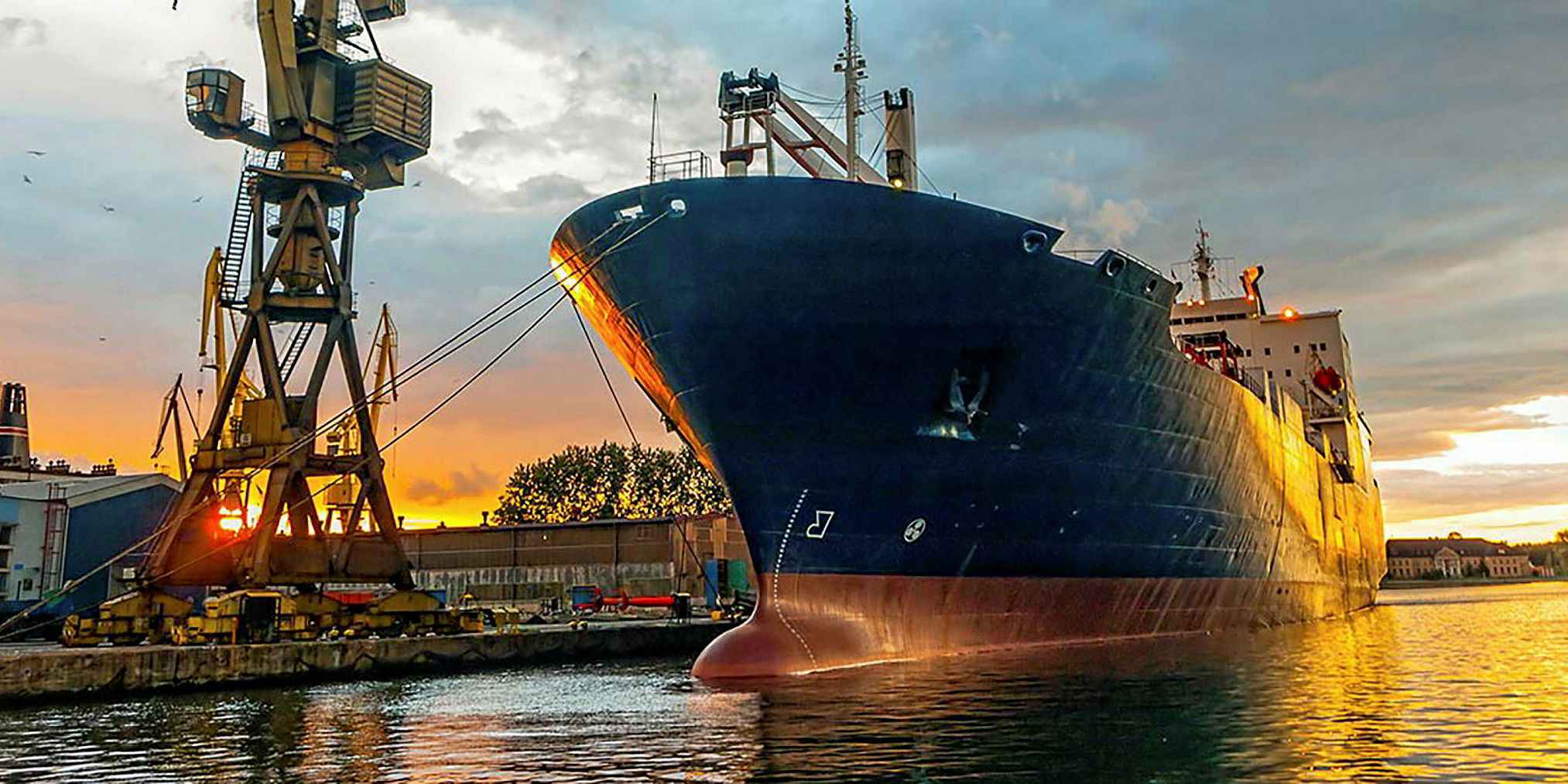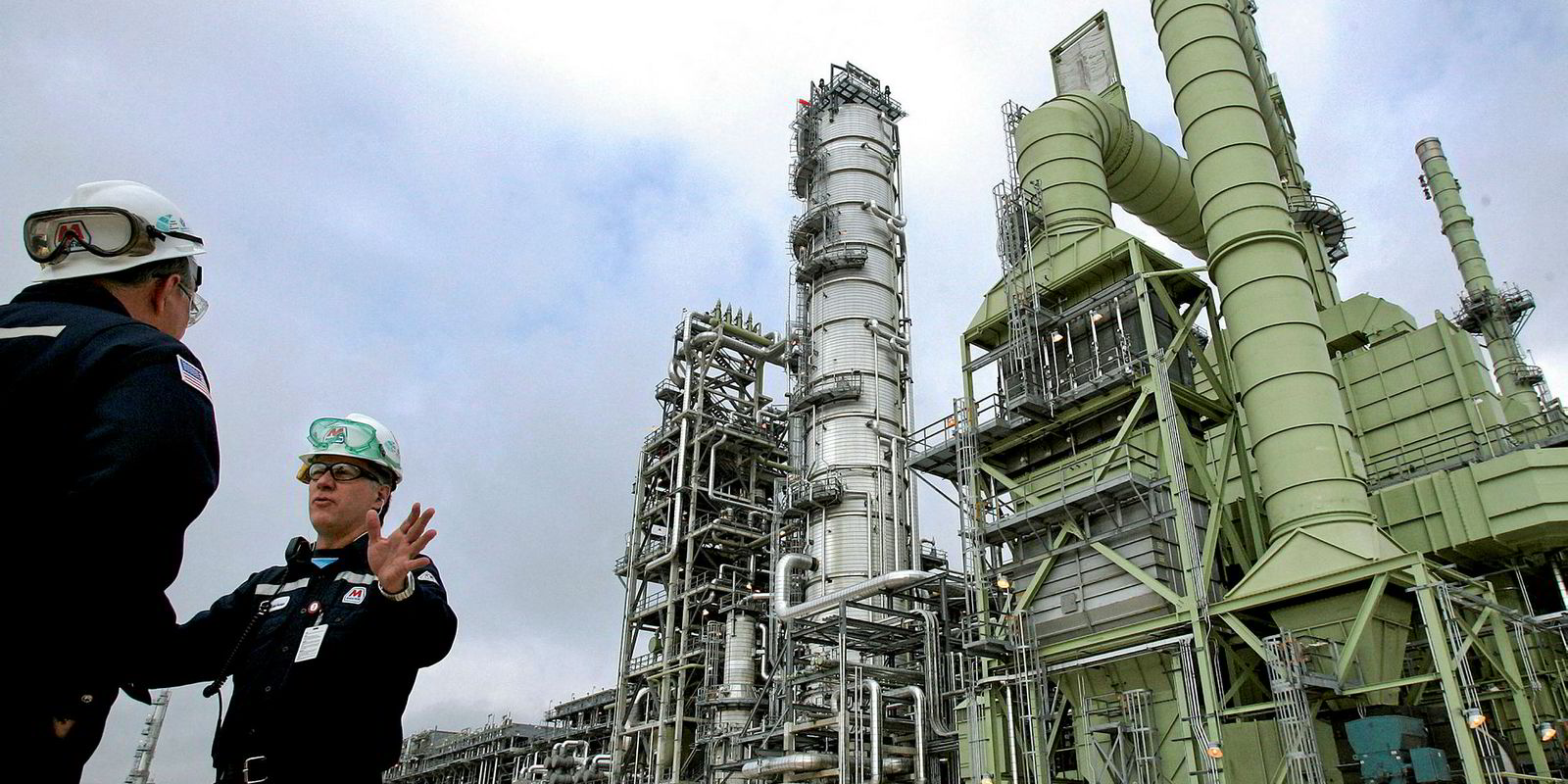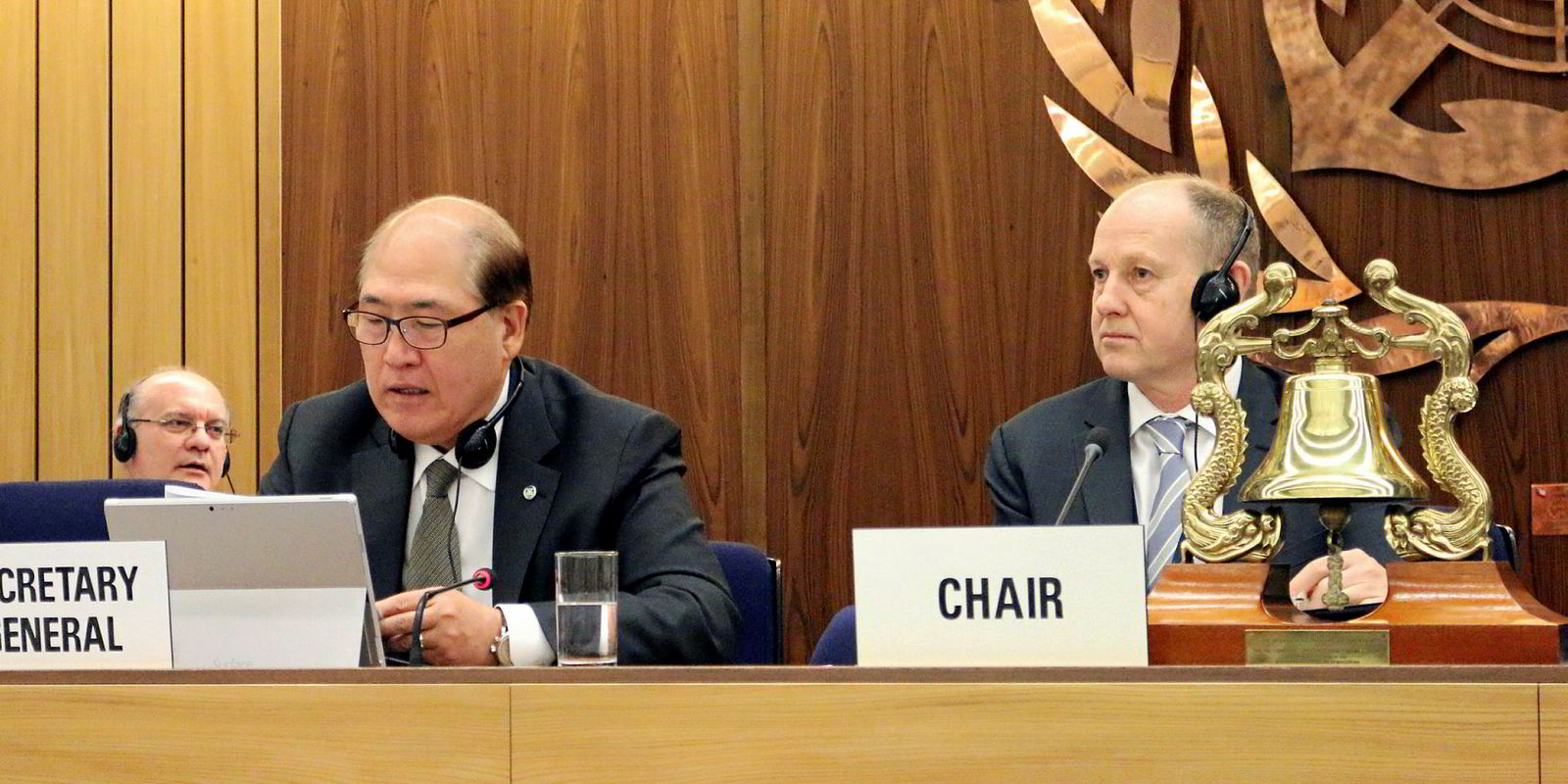Cargill sees multiple challenges facing the shipping industry as low-sulphur fuel rules come into force by 2020. But one of the world's largest charterers supports the move to low-sulphur bunkers, despite the potential for higher costs along the maritime supply chain.
Jan-Willem van den Dijssel, who heads Cargill's shipping unit in the Americas, outlined the challenges at a meeting of the North American Marine Environment Protection Association (NAMEPA) in Houston.
With 650 ships on hire, Cargill aims to minimise the environmental impact of its supply chain, Van den Dijssel says. As such it "fully supports the global sulphur cap," he added.
But the low-sulphur cap will have a direct effect on its own freight costs, Van den Dijssel says, as the forward curve shows low-sulphur fuel oil over $200 per metric tonne higher than regular fuel oil.
As a vessel operator, Cargill will have to bear the costs of low-sulphur fuel for its long-term time chartered tonnage.
But vessel owners will have to incorporate those costs when deciding what to offer on spot and voyage charters.
Van den Dijssel says Cargill's own chartering mix can potentially change from fewer long-term charters to more short-term charters as one way to mitigate the impact of higher fuel costs.
"What’s the world of dry bulk going to do?" Van den Dijssel said. "In container shipping, the costs are easier to pass on. But who pays is a big issue."
"You assume the operator will pay the low-sulphur fuel oil costs," he added. "It's a question of how much will find its way to the final consumer.
As the deadline is approaching, Van den Dijssel sees new risks arising from the move to low-sulphur fuel.
New supply could come through increased blending of high- and low-sulphur fuels. But fuel may not be as consistent in every port due to the different blends, which can also cause hazards when cleaning fuel tanks.
"Cleaning tanks is a dangerous business," Van den Dijssel said. "With a variety of different fuels around the world, that is a huge safety aspect."
Cargill's research into the future of fuel shows that open-loop scrubbers, which allow ships to continue to burn high-sulphur fuel, is an economically viable option.
"We think open-loop scrubbers are a very viable option," Van den Dijssel said.
He demurred on whether all owners should go with scrubber technology to future-proof their vessels as the decision is particular to each vessel. And Cargill sees a role for all the options, including LNG and low-sulphur fuel.
But he says it's certain the useful life of ships will decrease with the technological changes coming to shipping.
"These technological changes could shorten the lifetime of ships," Van den Dijssel said.





